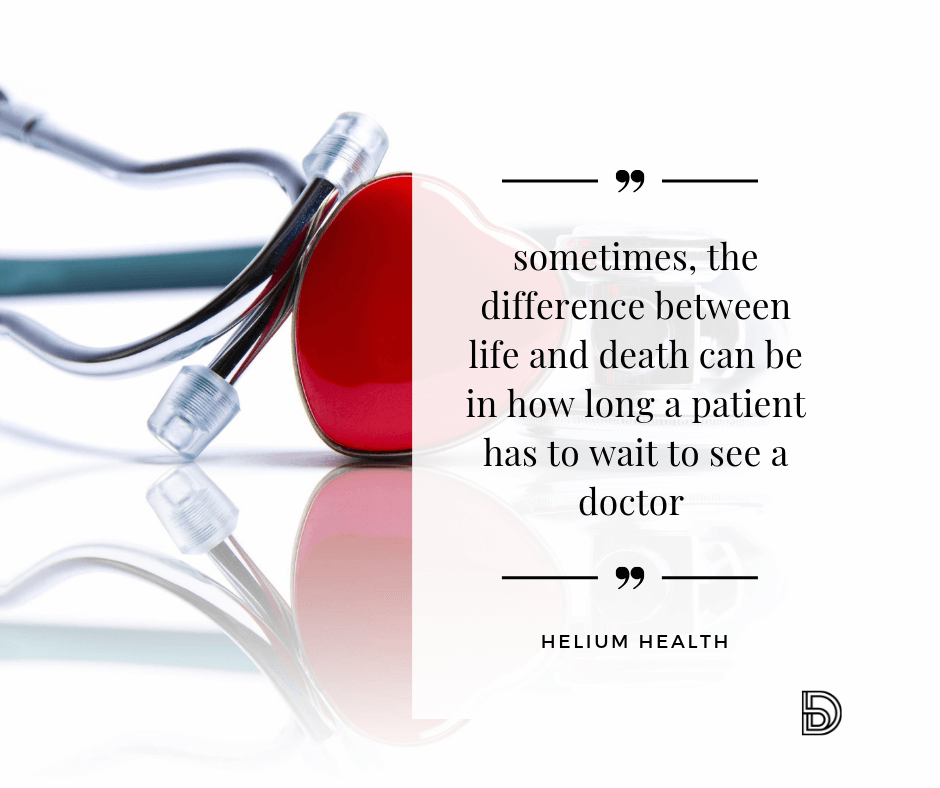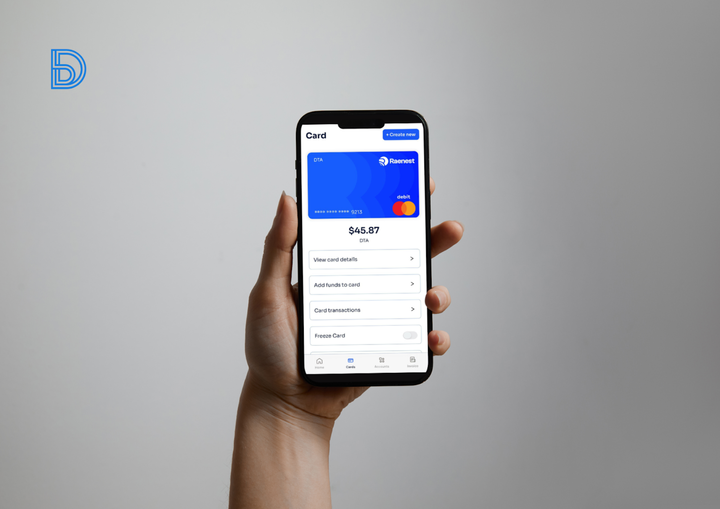Helium Health is reducing medical errors and wait time at Nigerian hospitals
Helium Health is saving lives by reducing medical errors, wait time and making "we can't find your file" a history in hospitals across Nigeria and Africa.

Helium Health—a Lagos-based health technology (healthtech) startup—is on a mission to save lives by reducing medical errors and preserving patient records across Africa.
"We can't find your file", "Sorry, we made a mistake...".
You might not appreciate the efforts of Adegoke Olubisi, Bolatito Ovia and Dimeji Sofowora, if you've not experienced these healthcare anomalies. Pictured above, Adegoke (CEO), Bolatito (Executive Director) and Dimeji (COO) are the co-founders of Helium Health.
I've had my own (un)fair share of healthcare mishaps and I will recount one of them for you. On July 25, I went to a hospital in Agege, Lagos, to test for malaria. Upon arrival, I presented my card to the nurse on duty and she directed me to the Data and Records department to retrieve my case file before I could see the doctor. I gave my card to the person in charge of Data and Records and after about 30 minutes of waiting, he told me: "I can't find your file".
Also, Babcock University students and alumni, who have gone to BUTH (Babcock University Teaching Hospital) for any kind of treatment, must have experienced this long wait time.
One can postulate that the long wait time is the effect of overwhelming workload because only one or two persons are usually assigned to Data and Records. But the continued use of paper for records is a major contributing factor to the long wait time and attending medical errors.
There is a 42.8% chance that you will be a victim of medical error every time you walk into a hospital, clinic or sickbay that uses paper records. The most common medical error is the error of medication description, which is largely due to illegible doctor's note and lack of standardization in documentation and record keeping in hospitals.
This is the problem Helium Health has been solving since 2016 by digitizing medical records. Its flagship electronic medical records (EMR) system is being used by over 5,000 medical professionals in West Africa to treat over 150,000 patients monthly.

Like most systems and infrastructure in Nigeria, the healthcare system is moribund. According to the Healthcare Access and Quality Index published last year, Nigeria ranks below volatile Yemen and Sudan in Healthcare access and quality. We come in at the 142nd position out of 195 countries with 42 points.
The factors contributing to the dismal state of healthcare in Nigeria include the lack of funds and doctors. Governments across board have consistently allocated less than 15% of the annual budget to health, as proposed by the African Union. Also, contrary to the World Health Organisation's recommendation of one doctor to 600 patients, Nigeria has one doctor to 4,000 patients.
In a recent State of Health Tech report in Nigeria, we learn that there are over 75 active healthtech startups. This number includes those we have written about before like 54gene, and LifeBank as well as HMOs like Reliance (formerly Kangpe). All of them, in one way or the other, are operating with an overaching goal to solve the healthcare problems in the country.
Helium's angle is to make efficient the record keeping and retrieval process of hospitals via an EMR. While also reducing financial leakages, Helium's Communication Manager, Ugochukwu "Ugo" Iwuchukwu tells benjamindada.com.
Helium Health is an all-in-one electronic medical records and hospital management information system that is incredibly easy to use. Healthcare professionals are able to start working with the EMR immediately after a short tutorial, even if they have never used a computer before. Our software reduces financial leakages by tracking revenue and providing key data insights through smart analytics and in-depth reporting features.
The goal for Helium Health is to end paper records and create a future where medical records can be accessed in few seconds and cramming your file number is not a prerequisite for receiving care (as it is the case at BUTH).
Recently, Helium Health partnered with the Akwa Ibom government to digitise the records of 42 general hospitals and over 200 primary healthcare centres across the state.
How does Helium Health work?
According to Ugo, hospitals differ in terms of size, speciality and capacity and how hospitals and clinics operate can differ from a clinical and an administrative point of view. Therefore, "the scale of service we provide to them differs as well," Ugo said. "we oscillate between a user licensing fee for large enterprise-grade facilities and a pay-as-you-go model for small- and medium-sized clinics or hospitals."
Future Plan
Our goal by the end of the year is to allow interoperability, where hospitals within our network will be able to make paperless referrals to each other via the platform.
This means that if hospital A, B and C are in Helium network, they will be able to seamlessly transfer patients records among themselves. This will cover for instances where a patient changes location or needs to move to another hospital because of complications.
Ugo explained that hospitals were not to open to the idea of interoperability initially. But as more hospitals join the network, it has become a frequently requested feature.
This possible network effect of Helium Health is one of the assurances of their success.








Comments ()